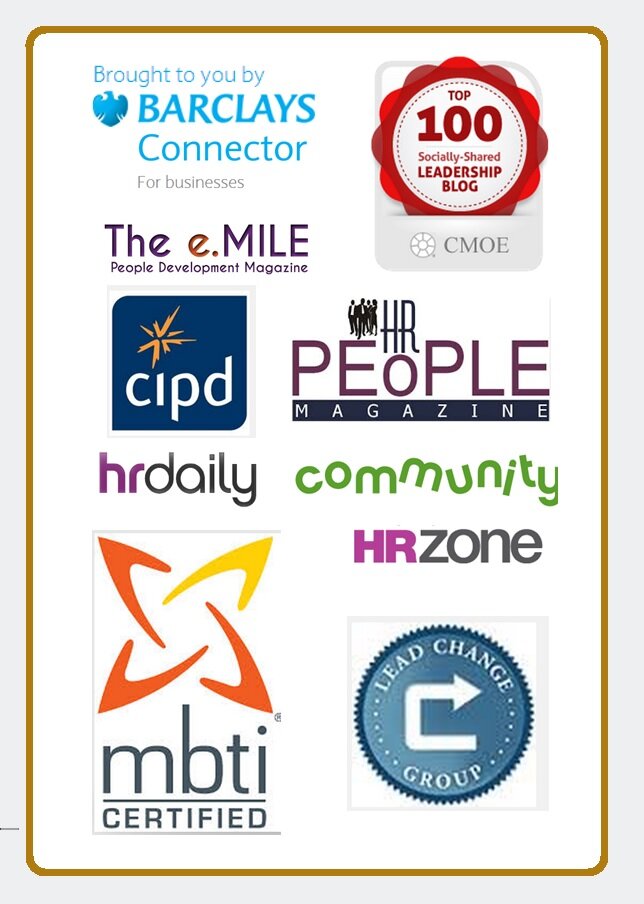 Set Your Strategy: Set Your SAT NAV
Set Your Strategy: Set Your SAT NAV
I am afraid I am a strategy geek. What’s wrong with that? You might ask. Well nothing except when you start developing a healthy eating strategy instead of a diet, or a university funding strategy instead of saving for your child’s uni course, it’s a bit sad.
Well no, even I’m not that bad, although it’s been proven that many of us take our work pattern home with us, but that’s a whole different blog post!
I wish there were other words in the dictionary to describe strategy. The Oxford dictionary definition of a strategy is “A plan of action designed to achieve a long-term or overall aim:” Thesaurus results have unhelpful words like “plan, approach, tactic and even scheme” as alternatives. As you can see it’s very difficult to inspire you with such mundane language.
Setting a strategy that works inspires me. I know I am in a minority about this, but please bear with me. Setting a strategy involves so many elements and requires a sharp skillset. If it is going to be successful that is. If you have an organisational or team strategy and it’s lying in a drawer waiting for someone to blow the dust off it, then it probably isn’t going to work. In reality there are many components involved in setting a strategy, too many to mention, so I will concentrate on the vital components.
So what are the vital components of a successful strategy
- You have to have vision. If you want to achieve something, then you need to be able to describe, what it looks like, where it is, who is involved, when you want it to happen. You need to be able to see it, hear it, feel it, smell it and taste it. You need to be able to describe your vision so it becomes real in your imagination. Once you have visualised what you want and articulated, this then becomes your goal. It’s pinpointing exactly where you want to go and every strategy needs at least one.
- The next part is to plan out how you are going to get to your goal. Now I know from experience that we are all different. Some of us love detailed plans with lots of milestones and deadlines. Others like some key milestones along the way, and don’t want to bother too much with the detail. Some of us don’t need a plan at all, but that might be a leap of faith too far unless you and your team are wholly committed. The truth is, the structure of the plan doesn’t matter too much. If you think about most projects or outcomes you have delivered, there are many ways to skin a cat, or many different routes you could have gone down to get there. The real trick about having a plan is twofold. Firstly it keeps you focused on achieving the outcomes and secondly, it keeps you moving forward. That’s why a plan is essential; however you want to detail it.
- You need someone to make sure you achieve the milestones and to review what is happening so that you can keep on track. The owner of the strategy needs to be an opportunist and be innovative. These skills are absolutely necessary when the original plan of how to get there becomes unstuck. The owner will always navigate you back to the right road, so that you will get to the right destination or achieve the right goal.
- You need to check on progress, and this is preferably someone different from the owner. Someone who can provide a fresh pair of eyes, or a different perspective, but someone who also wants to reach the goal as passionately as the owner. In other words your back seat driver.
- And finally, you need to be able to feel the discomfort of uncharted terrain. If the plan doesn’t unfold the way you thought and the route you planned out doesn’t look like you imagined it would, don’t panic and stop. Don’t go back to the beginning either. You need to trust that sometimes unfamiliar territory is exactly what you need in order to get where you need to go.
So my proposal as a new term for strategy is as you will have guessed by now “SAT NAV.”
You pop in your postcode (goal)
You have a general idea about the direction, timing and route, so you can take money for petrol, or time for a loo break etc. etc. (a plan)
You start driving. When you take a wrong turn, the SAT NAV prompts you and takes you back to your original route. (owner)
Your back seat driver will observe as you are driving
A great strategy is like correctly setting your SAT NAV. You need to be able to trust it will get you where you want to be, you must enjoy the journey, but be vigilant about taking wrong turns. You need to be flexible about taking another route if you do take a wrong turn. Sometimes your plans will have to be changed if you want to reach your goals on time. After all if you’ve ever put in the wrong post code, then you will know how long sometimes it takes to dawn on you that you are going the wrong way.
If you are a leader, you are continually developing and "Sharpening the Saw". If you lead and manage teams, then you must read about our Inspirational New Leadership Programme. Sign up now to find out more details when we launch in July 2014. There is no obligation to undertake the programme, if you sign up today, you will simply be sent more information about the programme. You can unsubscribe at any time! Click below to register for further information.

 Leadership of the future will be all about mindset
Leadership of the future will be all about mindset
 Everyone has this power, some of us just don’t realise it.
Everyone has this power, some of us just don’t realise it. Finding balance while pursuing excellence
Finding balance while pursuing excellence



